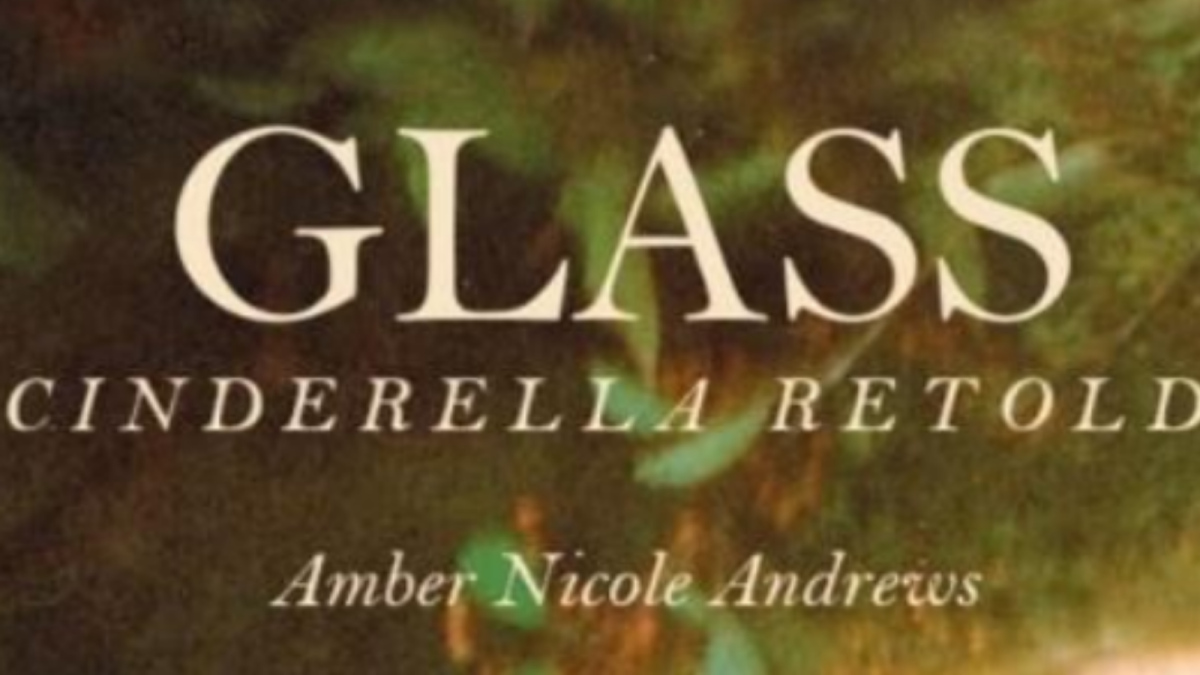During the Covid pandemic I spent hours just walking the hallways on campus. The bulletin boards were like an open canvas. The gym was totally private. Oddly enough, the cafeteria featured a full menu—for the five of us who ate it. Whoever wanted to could talk forever. The janitors hardly had to clean, but still did. Any door could be knocked on, but rarely would anybody answer.
Milton was a particularly expansive domain. Five stories of raw Brutalist concrete; empty classrooms, computer labs, and administrative offices. The building felt like a skeleton without any organs. I felt like a beetle crawling amongst the bones. What few people did show up became fast companions. But most of the time I scuttled in the company of myself.
I liked it this way. I felt like I could be anything I wanted to be, and nobody could question me (a precarious place to be). It’s the freedom which comes with solitude, and accompanies loneliness. Another side-effect is boredom, which has a side-effect of its own: curiosity.
One day in particular, I had nowhere to be and all the time in the world to get there. I read all the enrollment facts on the TVs, twice, and took a short nap on the red couches in the Milton lobby lounge. To wake back up, I decided to do some hallway calisthenics, resulting in the ascent of a stairwell I had rarely used. I lunged and pressed and lunged and pressed with my backpack on, until I popped out on the fourth floor, annoyed with the scent of chemical cleaner. I introduced myself to the secretary in the Business Office I found there (because I like to network) and waddled along, headed East.
I must have been above the Library at that point. I popped my head into what appeared to be an abandoned teacher’s lounge. There was a microwave, an open box of cheap tea on the counter, a half-opened bottle of Tobasco, and an old open fridge that smelled like an old open fridge. I relished for a moment the privilege of entering such a room without having claimed the title of teacher. Then I noticed a door stopper jammed between two doors at the end of the short hall. A sign above the doors read: East Wing. The rolling plastic wheels of a janitor’s cart could be heard behind me. I puckered my lips and stepped inside.
From the looks of it, nobody ever goes in the East Wing, or at least they haven’t since before The Fall. Desks and chairs stacked and pressed together made the room look apocalyptic. You would think the school would find a use for these materials, but just like other such closet cruft, it’s been forgotten by a generation, left to be addressed by someone else.
I figured the space deserved a once-over, so I carried on and was peering behind corners, inspecting the labels of ancient olive drab filing cabinets, when I heard the steady clicka-tack-ticka-tick of a keyboard. My eyebrows scrunched and my shoulders tensed. There couldn’t be anybody working in here, could there?
I practically squatted as I snuck around the corner of a long arrangement of filing cabinets, following the clicka-ticka’s until I happened upon a hooded figure sitting in front of an old Dell computer, surrounded by open reams of paper and numerous uncapped pens.
“Oh, hello,” I said, reacting to his sudden appearance.
The person literally fell out of his rolling office chair, shouted several profanities, and pulled the keyboard off the desk with him.
“Who are you!” he asked, clutching his heart, breathing deeply. This area of the East Wing smelled like some kind of incense that smelled like kitty litter. There were candles burning, and a jar of peanut butter with a spoon sticking out of it.
“Who are you?” I asked in response. “I’m a student here. Just started last semester. I took a few years off.”
“Ha! So did I. Too many, probably.” The man appeared to be in his late thirties, maybe early forties. He wore a red CCAC Wildcats dri-fit shirt, an open full-zip hoodie, and gray sweatpants that looked to be from the Bookstore clearance rack. He struggled to help himself up from the floor. “I’m Jumanji,” he said, extending a hand, finally catching his breath.
“Chuck,” I said, suspiciously returning his pleasantries. “What are you doing up here, man?”
“I’ve been living here for seventeen years,” he told me. “The school hired me as a security guard when I was twenty-four. One day I turned off the cameras in here and I’ve been working on my writing ever since. You’re the first person who was bored enough to find me.”
“What kind of writing?” I asked, a writer myself.
“Well, it’s a long story.”
Jumanji stood up and banged his calused fist off the top of the nearest filing cabinet. Like magic, a row of drawers opened up, and then another, and another, until the green beasts had clunked completely open, reavealing several hundred files of typed pages.
“You think you can help me publish it?” he asked with a smirk.
“I should ask you the same thing about my stuff.”
“Have you ever heard of The Phoenix?” Jumanji asked me.
“Like, from Harry Potter?”
“No, CCAC’s Literary Arts Journal. The last issue was published seventeen years ago. It was really good.” Jumanji carefully pulled open another filing cabinet. He handed me a manky booklet that smelt of moist wood.
“This is fantastic,” I said, fanning through the hand-laid pages of student poetry, short fiction, photography and art. Everything in it reminded me of Bob Dylan for some reason. There were photos of the school before the SSC was built, an unreserved ode to “Christine,” and numerous artistic depictions of the mythical bird in the book’s title.
“I know. I was the editor.”
“Why did you stop?”
“I finished at CCAC.”
“Somebody should start this up again.”
“Let me know when you do. I’ll be up here writing.” Jumanji smiled and sat back in his chair. I saw a trash can full of free granola bar wrappers sitting beneath his desk. Along with a printer. “And do me a favor. Don’t tell anybody I’m up here. I’m not quite done yet.”
I feel it’s time somebody finally published Jumanji’s book.





